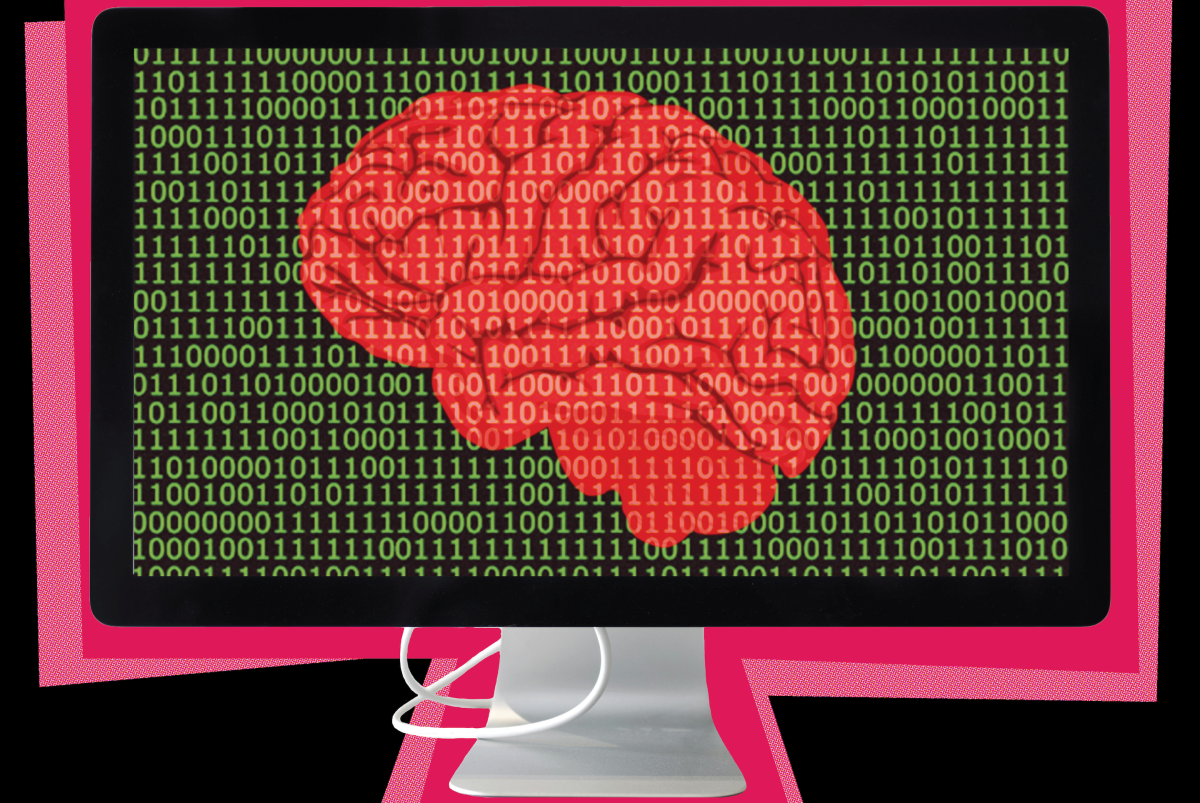Editor’s Note: This article is part of the Mental Health Collaborative, a project completed by nine North Carolina college newsrooms to cover mental health issues in their communities. To read more stories about mental health, explore the interactive project developed specifically for this collaborative.
An NC State professor is using artificial intelligence to flag keywords on X, the platform formerly known as Twitter, in posts containing content that may indicate mental health concerns.
Ana-Maria Staicu, a professor in the department of statistics, is conducting this research, funded by a state grant. Staicu said she decided to look into if violent events could be predicted by an individual’s social media activity after the August shooting at UNC-Chapel Hill. The research also considers trends in shootings since COVID-19 by comparing social media activity before and after the onset of the pandemic.
“We’re looking at how the mental health trends have been impacted by COVID lockdown,” Staicu said. “This has been triggered by the fact that a lot of these violent events have happened, have intensified, after COVID. So we wanted to see people who had some mental health issues before, how is their activity after COVID-19.”
Staicu said the research utilizes AI to analyze what she called the arousal of a post — whether the post is positive, negative or shows any strong emotion at all. Through this function and the use of keywords, AI is able to flag posts containing potentially concerning messages.
After the post is flagged, Staicu said a potential intervention process is contingent on having a control group.
“We need to have a sense of what is a normal tweeting behavior, and to define that normal, it’s important to have an age group, right?,” Staicu said. “Because an adult on social media wouldn’t necessarily tweet as a young adult. Then we need to define what is abnormal.”
Sripad Ganti, a first-year studying statistics, has assisted Staicu in the research. After seeing how data could be used for a good cause, Ganti started the Dreamers and Data Club with the purpose of using statistics to promote social change.
While jump-starting the club, Ganti had the idea to create YUNO, an AI chatbot specifically designed to address a user’s mental health concerns and distribute resources.
Ganti said he has witnessed students experience long wait times at the Counseling Center, and felt as though a chatbot like YUNO, an acronym for “Your Understanding Nurturing Observer,” could be a resource during those periods.
“I have friends who sometimes try to book appointments to the counseling sessions, and that takes forever; it’s like a week, two weeks sometimes,” Ganti said. “So it was then I decided let’s maybe create some sort of chatbot or something where, I guess it can kinda bridge the gap between the time it takes to get an appointment and just be a helpful resource.”
YUNO is similar to AI models like ChatGPT, but Ganti has been able to train the data in a way that tunes the responses to be mental health-oriented.
“What really, I think, sets it apart a little bit is that you can fine tune whatever the ChatGPT API is to specifically focus on mental health resources,” Ganti said. “I can put in mental health resources that I find on the web, or I can put in how you respond to certain things.”
While he hopes YUNO can offer resources to users, Ganti said YUNO should never be used as a replacement for therapy. Instead, he sees it functioning as an on-the-go way to access resources quickly, or simply being a place for users to vent.
“You want to talk to an actual person,” Ganti said. “But sometimes an actual person is not available right away. And in that time, if you really need some sort of resources, or if you’re looking for resources, or even if you know someone who is struggling, and you want to find resources for them, that’s the goal of the chatbot.”
Ganti and Staicu said mental health issues are particularly of concern amongst teenagers and young adults. While Staicu said the pandemic is a contributor to mental health issues amongst the younger generation, Ganti said the shock of being thrust into a new, high-pressure environment and the expectations that go along with that is a key factor.
“You’re expected to, all of a sudden, be an adult right away,” Ganti said. “You’re also working with so many students that you feel the need to perform and do well. … Because of that, sometimes people put a lot of expectations on themselves, and that can often sometimes result in problems and unneeded stress.”
Staicu said doing research like this at NC State is beneficial because of students like Ganti who realize the need that exists and take advantage of the resources NC State has in order to find a solution.
“Not only are they strong students, but they’re able to take advantage of the classes that we offer, and sometimes really teach themselves to learn how to scrape data, how to write codes to automatically download data,” Staicu said. “We’re talking about thousands of and hundreds of users, right? You can’t do that manually because it takes hours, so being able to have access to coding and improving the skills, I think that’s very helpful.”
Staicu said the issue of mental health is everyone’s responsibility to understand and involve themselves in.
“I feel that there’s a lot of focus nowadays on mental health, but I think we’re just scratching the surface,” Staicu said. “I think there’s more to learn, and I think we have a responsibility to the young people to help them get the life that they deserve and they were meant to have.”













